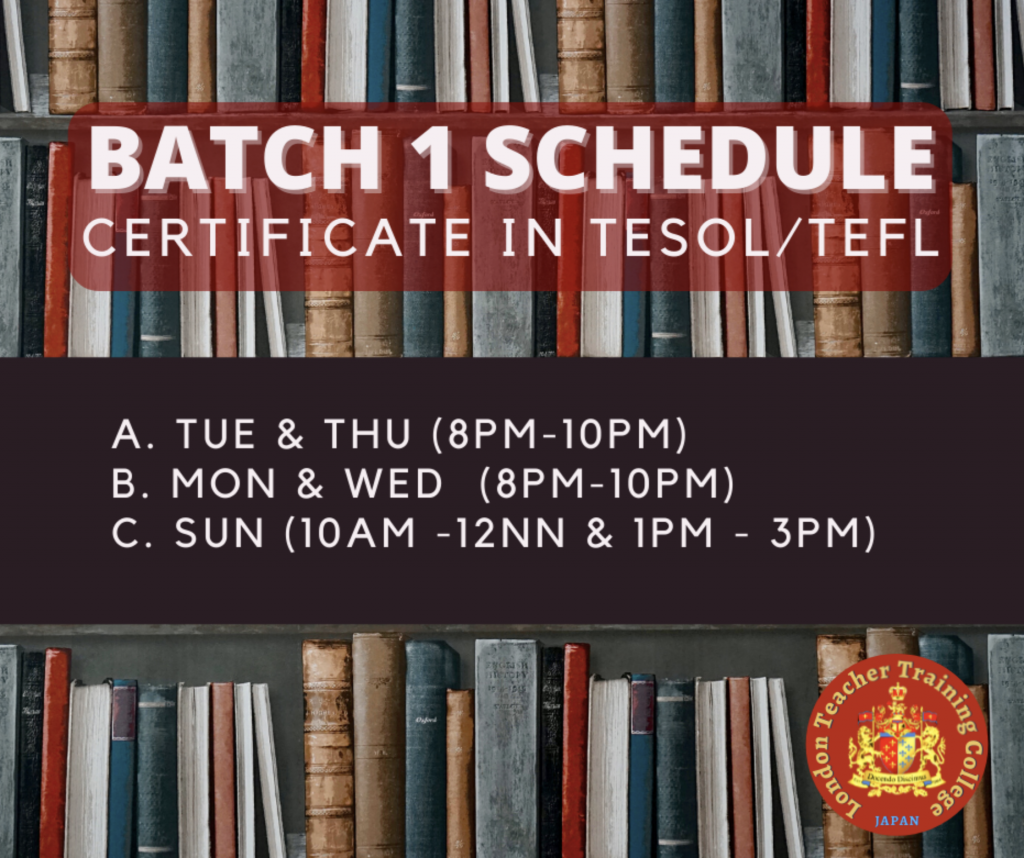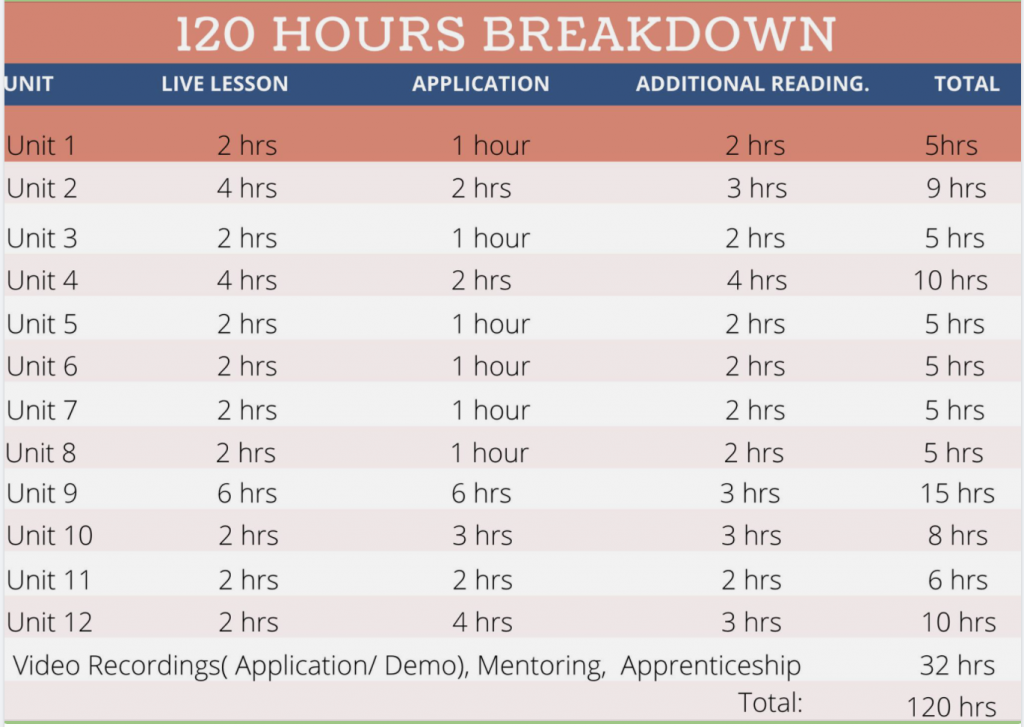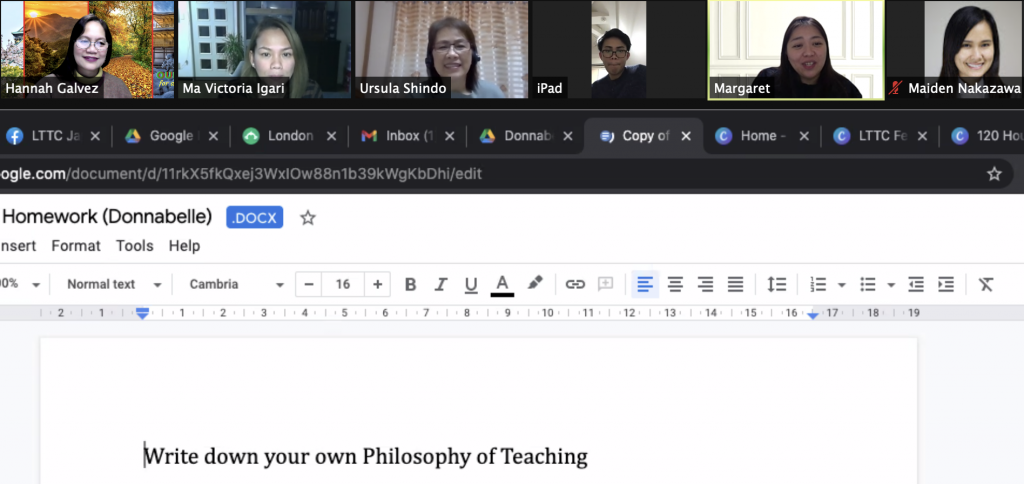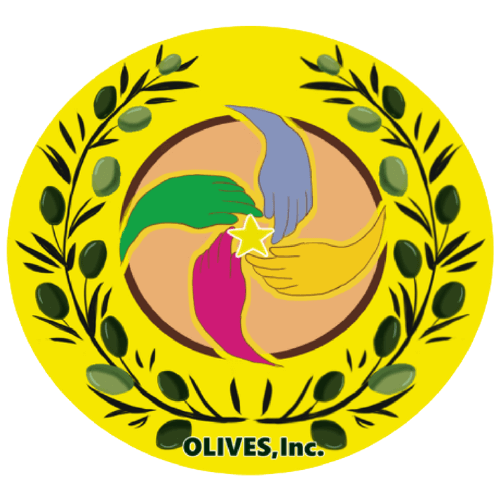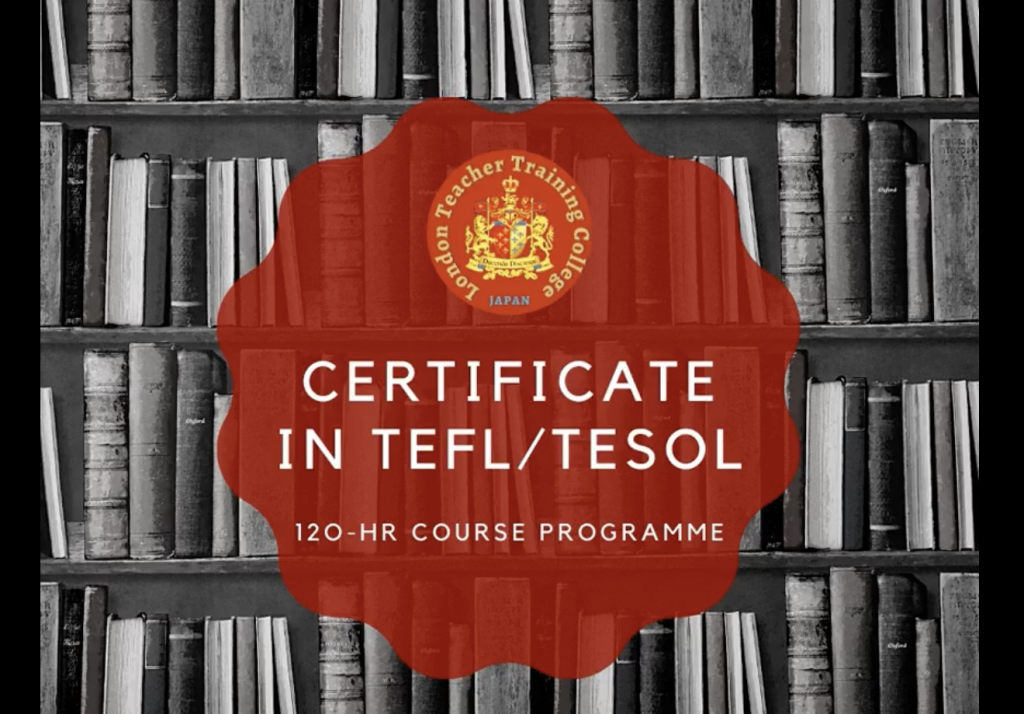
Our 120-hour certificate in TEFL covers an extended syllabus. Many employers regard the standard for the profession as being a course which comprises a hundred or more hours of study time.
Unit One
Introduction to Teaching English as a Foreign Language
Methodologies:
- Behaviorism
- Audiolingualism
- The ‘Natural Way’
- Humanistic Approaches
Unit Two
Grammar
- Terms and Definitions
- Countable and Uncountable nouns
- Tenses
- Verbs, Modal and Auxiliary
- Conditions
Unit Three
Teaching and Learning Grammar
- Presenting a Structure
- Grading Language
- Mistakes and Correction
- Recycling Language
- Practice and Production
Unit Four
Teaching vocabulary
- Words and Sentences
- Using Dictionaries
- Choosing Vocabulary
- How to Teach Vocabulary
Unit Five
Teaching Productive skills, Speaking and Writing
- Accuracy vs. Fluency
- Communication Activities
- The Stages of Writing
- Correction Techniques
Unit Six
Teaching Receptive Skills, Listening and Reading
- Different Types of Listening Skills
- Teaching Listening Skills
- The Stages of Reading
- Reading Activities and Materials
Unit Seven
Materials and Aids
- Using Flashcards, Pictures and Regalia
- How to Organize the Board
- Using the Overhead Projector
- The Use of Video
- Authentic Materials
Unit Eight
Teaching Pronunciation
- The Phonetic Chart
- Stress, Rhythm and Intonation
- Mother Tongue Interference
- Practical Activities
Unit Nine
Lesson Planning
- Teaching Different Types of Classes
- Pair and Group Work
- The Contents of a Lesson
- The Stages of a Lesson
- Getting Feedback
Unit Ten
Teaching young learners and teenagers
- Basic Principles
- Teaching on Holiday Course
- Practical Activities and Lesson Types
Unit Eleven
Using Course Books Effectively
- Exploiting a Course Book
- Planning a Course
- Course Book Evaluation
Unit Twelve
Introduction to Using the Web
Final Exam
